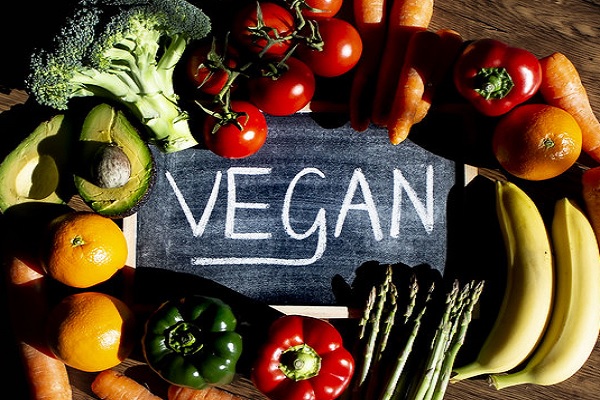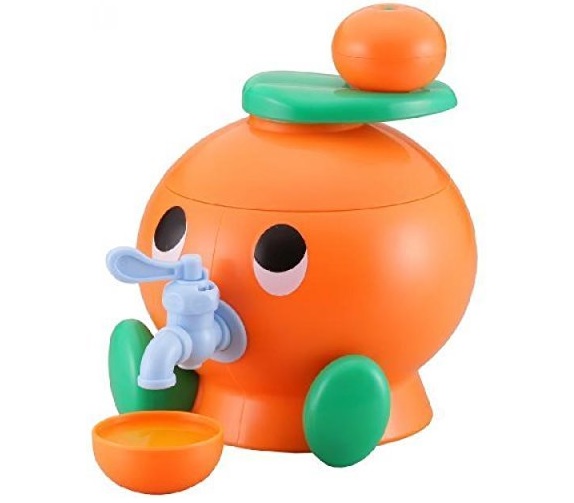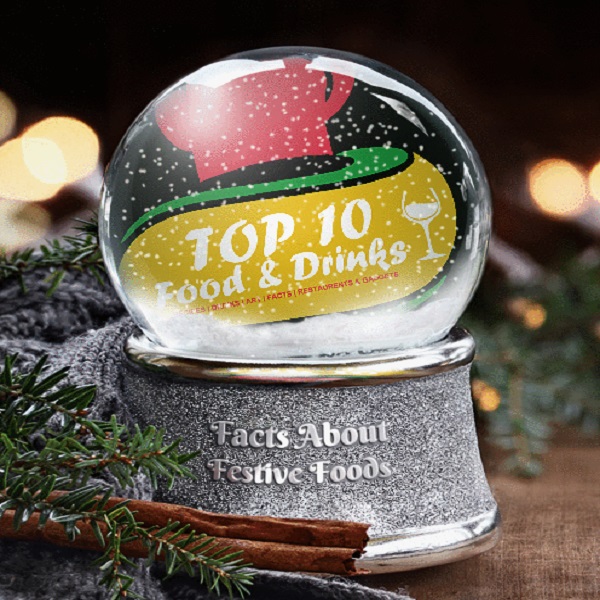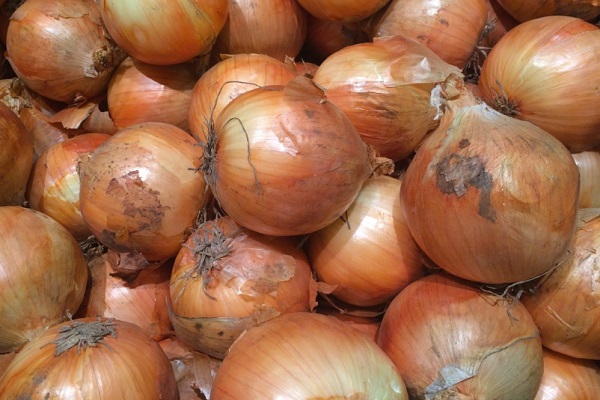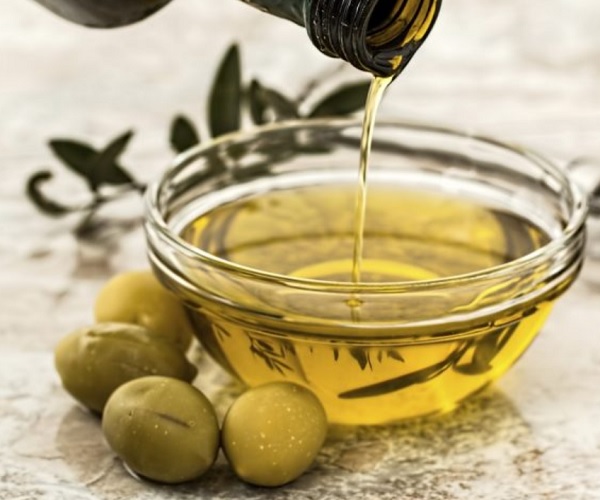
Cooking oil prices have skyrocketed since the Covid 19 Pandemic and subsequently, the invasion of Ukraine which hindered the supply of sunflower oil around the world. The situation only became worse when Indonesia, the world’s largest producer of palm oil banned the export of the products in fear of their own local supply running out. It has forced everyone to look West to Spain, Greece and Italy for olive oil which despite being more expensive, has a more reliable supply pattern with more stable pricing. If you are new to olive oil, here are some interesting facts you should know about it.
Olive oil is over 6000 years old
Olive trees are believed to have originated in Greece around 4,000 BC from where they spread to the rest of the Mediterranean countries. It was an easy plant to extract oil from and was also used for different medication and food preparation. Olives soon became too pricy for most people to afford and thus in Rome, it was seen as the reserve of the rich people.
Olive oil can be preserved for up to two years
Olive oil is actually more resilient than people give it credit for. When used to bake food, it helps extend its shelf life significantly. Olive oil in itself can last in your kitchen for up to 24 months without going bad. You have to remember that pure oil doesn’t have any preservatives, which makes it miraculously that something so natural can last so long. Virgin olive oil may not last as long though so you may have to throw it away after 18 months. When olive oil spoils, it gives a putty smell and loses its original golden colour.
Olive oil reduces the risk of cancer
Cancer is a serious health concern globally and the consumption of excessively processed oils with high content of saturated fats is associated with a healthier heart and blood vessels. Using olive oil also increases your daily intake of polyphenols which help boost your immunity and combat radical cells in your body. 2020 research concluded that regular consumption of olive oil reduces the risk of all types of cancer by up to 31% which makes olive oil one of the healthiest foods on the planet.
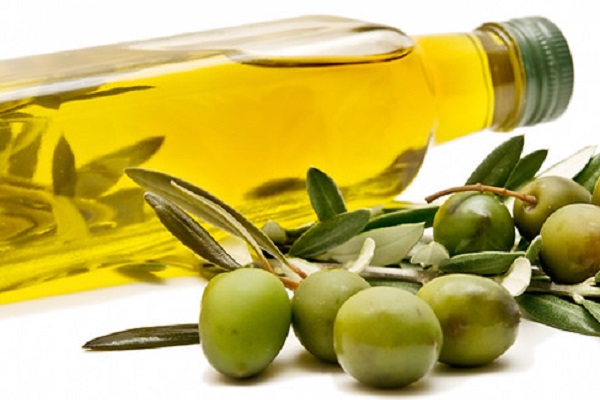
Olive oils have a low smoking point
Oil that has a low boiling point is not good for cooking food that needs high searing temperatures such as meat. It is not wise to use olive oil on your skillet because it boils at low temperatures between 365° and 420°F which means the oil becomes smoky and unhealthy as its structure changes. Regular vegetable oil won’t reach its boiling point until after 400°F and soybean are the best as it doesn’t boil until it reaches 460°F. Olive oil is still healthy and more flavorful than the other vegetable oils.
Spain is the world’s largest producer of olive oils
Many people assume that Italian Olive oil is of better quality and has more polyphenols than Spanish olive oil but that is not really true. Spain has more than 50 million olive trees and at their peak, they account for more than 50% of the global supply. Many companies actually import olives from Spain to Italy and then sell them as Italian because that allows them to sell more expensively than they would if it was said to be Spanish. It doesn’t matter though because both Italian and Spanish olive oil have the same health benefits.
Extra virgin olive oil (EVOO) is super special
This is the most valuable and subsequently, the most expensive type of olive oil you will ever find. It is extracted mechanically from the fruit by only pressing it without the use of any chemicals. It is therefore the purest form of olive oil and is expensive because the yield is lower than other extraction processes that use chemicals. EVOO is also highly regulated by authorities because many companies try to justify a high price tag by mentioning it in their ingredients.
Green and black olives aren’t different
Green, purple or black, all olives have a similar nutritional profile, what changes is the process of curing which differs from one farm to another. Green olives are picked before they ripen while black ones are ripened. All of them are not edible when freshly picked so it doesn’t really matter until after curing. The bottled versions are often stuffed with other flavours after curing and then packaged with the pit. Olives are cured with salt, water or brine with everyone choosing their curing method and that is what causes the difference in the taste of olives.

There are lots of fake olive oil on the market
In 2013, the European parliament determined that the continent’s olive oil was also its most adulterated. It is hard for most people to tell the difference between genuine and adulterated olive oil because the difference is just too slim to the eye. In the US, there is nearly a 50% chance that the olive oil you are purchasing is adulterated or misrepresented. The demand for olive oil is just way higher than the supply from the few countries that produce it so the market is been flooded with an estimated $5 billion worth of fake olive oil every year.
The best olive oil comes from handpicked olives
The process of making olive oil can be a strenuous one. You need an experienced person to supervise the harvest when harvesting for the best quality olive oil because the slightest bruising on an olive could mean lower quality oil. No additives are made to the best virgin olive oil so the fruit has to be perfect for the oil coming out of it to be perfect. Harvesters, therefore, have to go through piles of harvest handpicking the best olives for virgin and other expensive pure olive oils which is why the price tag on olive oil can be so high.
It helps reduce blood pressure
Olive oil isn’t just good for your heart it is also good for your blood pressure. The Vitamin E, Polyphenols and flavonoids contained are antioxidants that help remove plaque from blood vessels. Olive oil also helps improve your good cholesterol which is important in reducing the thickening of blood vessels which causes high blood pressure. Regular use of olive oil has therefore been linked with a reduced risk of suffering from a heart attack.
Do you know of any other interesting facts about olive oil? Do let us know in the comments below!
